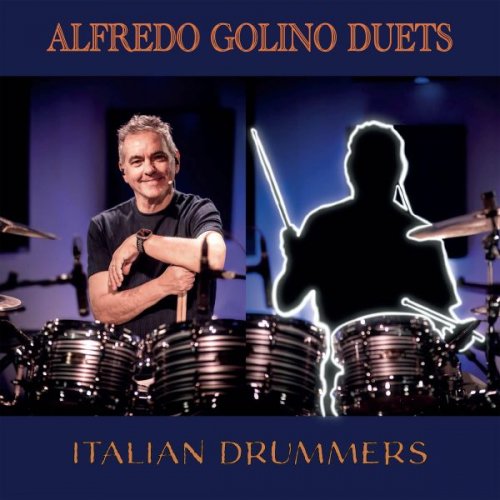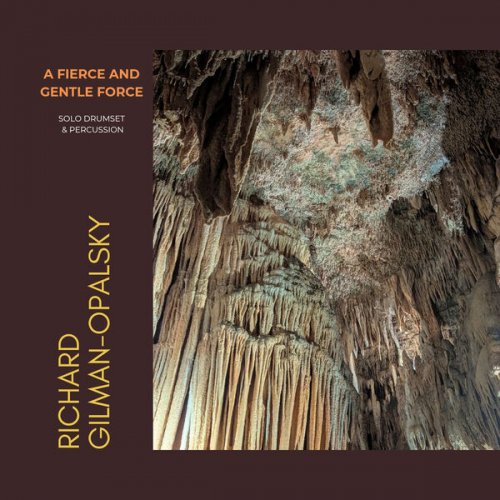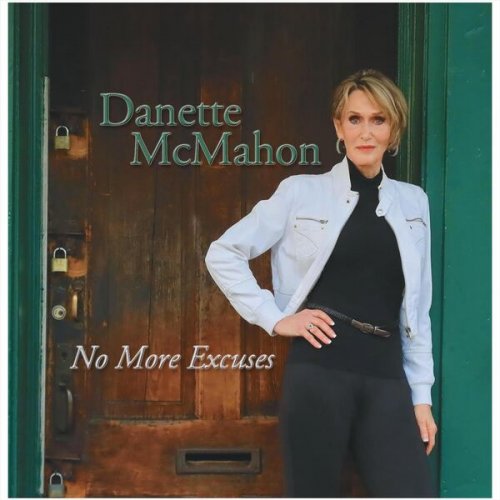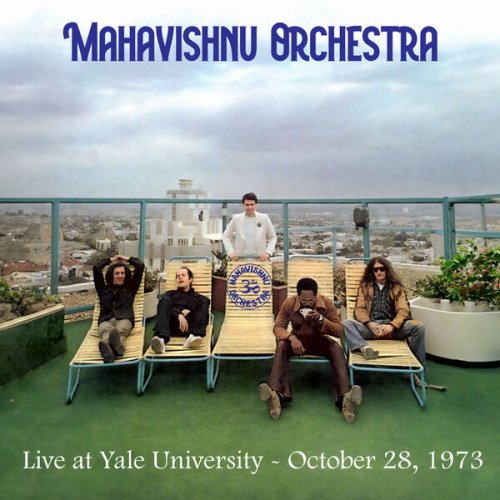Evgeny Kissin, Berlin Philharmonic Orchestra, Claudio Abbado - Prokofiev - Piano Concertos Nos. 1 & 3 (1994)
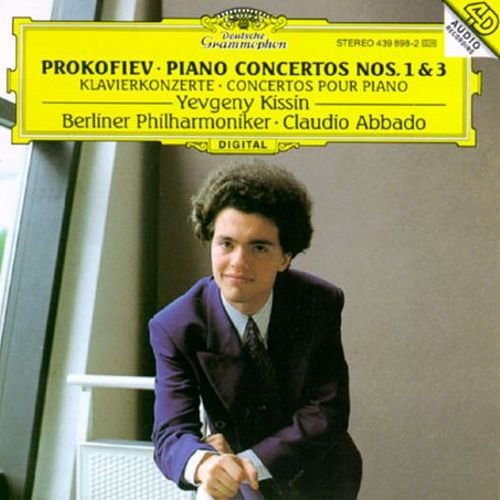
Artist: Evgeny Kissin, Berlin Philharmonic Orchestra, Claudio Abbado
Title: Prokofiev - Piano Concertos Nos. 1 & 3
Year Of Release: 1994
Label: Deutsche Grammophon
Genre: Classical
Quality: FLAC (image+.cue,log,scans)
Total Time: 00:42:27
Total Size: 183 Mb
WebSite: Album Preview
Tracklist: Title: Prokofiev - Piano Concertos Nos. 1 & 3
Year Of Release: 1994
Label: Deutsche Grammophon
Genre: Classical
Quality: FLAC (image+.cue,log,scans)
Total Time: 00:42:27
Total Size: 183 Mb
WebSite: Album Preview
Piano Concerto No.1
01. I. Allegro brioso (6:29)
02. II. Andante assai (4:09)
03. III. Allegro scherzando (4:04)
Piano Concerto No.3
04. I. Andante Allegro (9:26)
05. II. Tema con variazioni (8:42)
06. III. Allegro ma non troppo (9:28)
Performers:
Evgeny Kissin, piano
Berlin Philharmonic Orchestra
Claudio Abbado, conductor
The young Kissin was able to work wonders in Prokofiev--above all the Sixth Sonata (Kissin in Tokyo - Yevgeny Kissin). Regrettably, the mature Kissin recently delivered highly disappointing live performances of the Second and Third Concertos (Prokofiev: Piano Concertos Nos. 2 & 3), indeed, regardless of the predictable rave in the British press. This 1994 recording of the First and Third Concertos is unquestionably very good, especially the youthful First, although competition is very strong--from Graffman/Szell (Prokofiev: Piano Concertos Nos. 1 & 3) and Argerich/Dutoit (Prokofiev: Piano Concertos Nos. 1 & 3 / Bartok: Piano Concerto No. 3) in this coupling, and from the complete sets by Berman/Gutierrez/Järvi, Toradze/Gergiev and Krainev/Kitaenko.
This disc almost earned Kissin the 1995 Gramophone Award in the Concerto cateogry, being the first runner-up to Vengerov's extraordinary coupling of the First Violin Concertos of Prokofiev and Shostakovich (Prokofiev, Shostakovich: Violin Concertos no 1 / Rostropovich, Vengerov). Indeed, Kissin's youthful virtuosity in the First is dazzling, yielding only to Gavrilov's. That said, the mature Argerich finds more colour and depth in the piano part. For a 22-year-old, the control and refinement Kissin displays in the taxing Third are rather remarkable. However, when compared to the abandon and raw power he unleashed in his two accounts of the Sixth Sonata, this Third feels more than just a trifle reserved. A telling example can be heard between 6:52 and 8:03 of the first movement (my favourite passage by the way), where both tempo, dynamics and articulation are too restrained--even if the chief blame should rather be put on Abbado.
Comparison with Argerich's 1967 reference version is neat as it also features the BPO under Abbado. As so many conductors, Abbado evolved towards an overemphasis of perfection of sound in his later career. This disc, recorded in September 1994 at the Berlin Philharmonie, is an illustrative case in point. However, his 1967 contribution in the Prokofiev Third proved a perfect match for Argerich's sense of discovery--a characteristic she, incidentally, has been unique in maintaining over her almost 50-year-long career.
This disc almost earned Kissin the 1995 Gramophone Award in the Concerto cateogry, being the first runner-up to Vengerov's extraordinary coupling of the First Violin Concertos of Prokofiev and Shostakovich (Prokofiev, Shostakovich: Violin Concertos no 1 / Rostropovich, Vengerov). Indeed, Kissin's youthful virtuosity in the First is dazzling, yielding only to Gavrilov's. That said, the mature Argerich finds more colour and depth in the piano part. For a 22-year-old, the control and refinement Kissin displays in the taxing Third are rather remarkable. However, when compared to the abandon and raw power he unleashed in his two accounts of the Sixth Sonata, this Third feels more than just a trifle reserved. A telling example can be heard between 6:52 and 8:03 of the first movement (my favourite passage by the way), where both tempo, dynamics and articulation are too restrained--even if the chief blame should rather be put on Abbado.
Comparison with Argerich's 1967 reference version is neat as it also features the BPO under Abbado. As so many conductors, Abbado evolved towards an overemphasis of perfection of sound in his later career. This disc, recorded in September 1994 at the Berlin Philharmonie, is an illustrative case in point. However, his 1967 contribution in the Prokofiev Third proved a perfect match for Argerich's sense of discovery--a characteristic she, incidentally, has been unique in maintaining over her almost 50-year-long career.
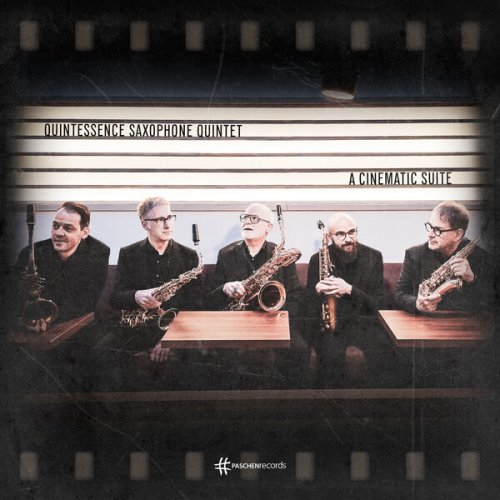

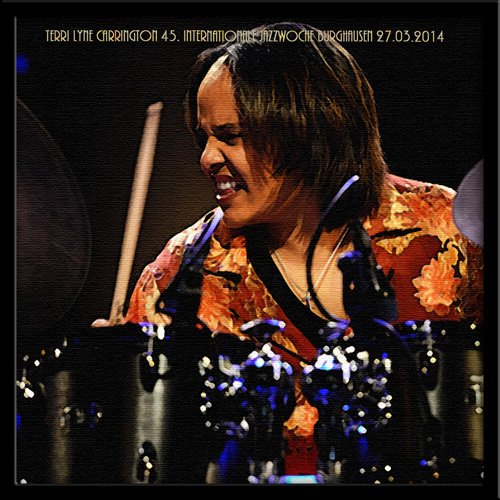

![Oscar Peterson - The Sound Of The Trio (1961) [Vinyl 24-96] Oscar Peterson - The Sound Of The Trio (1961) [Vinyl 24-96]](https://www.dibpic.com/uploads/posts/2020-04/1587651652_613i2fde8wl__ss500_.jpg)
